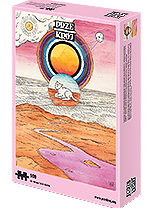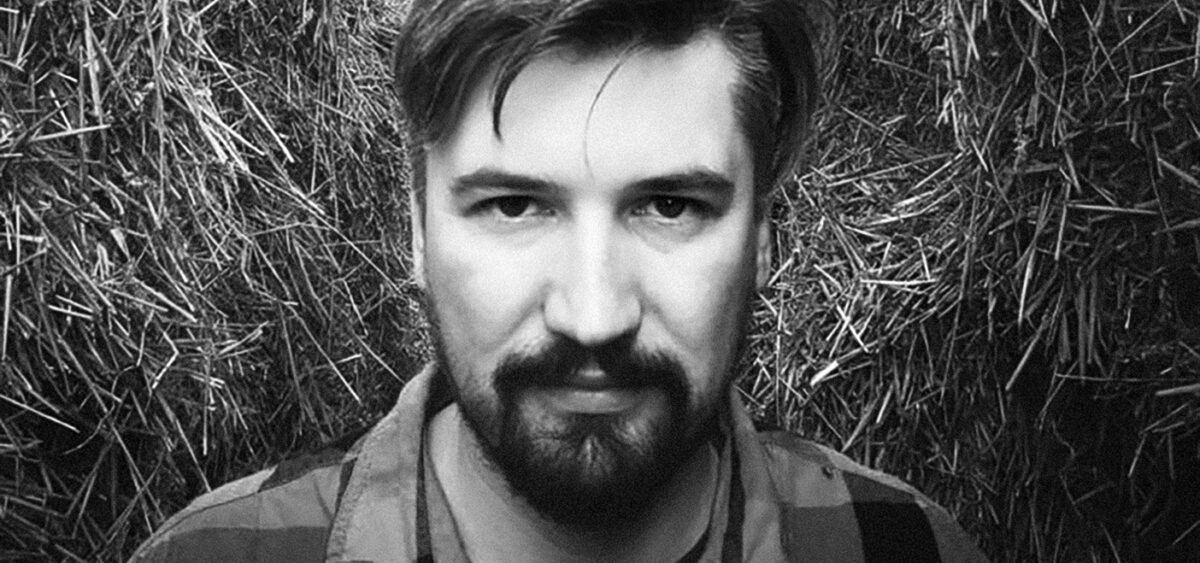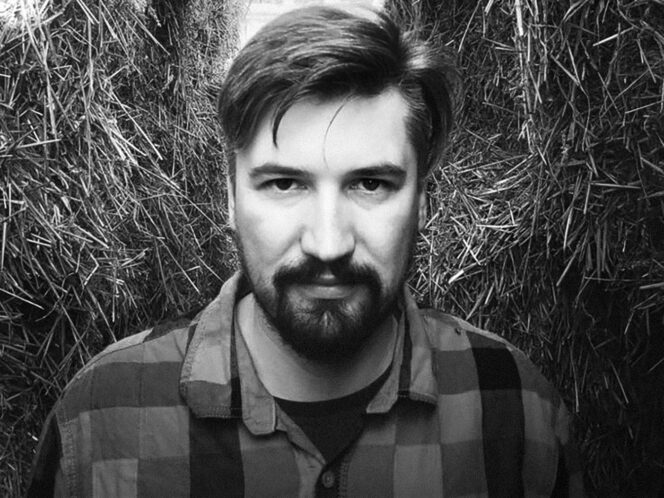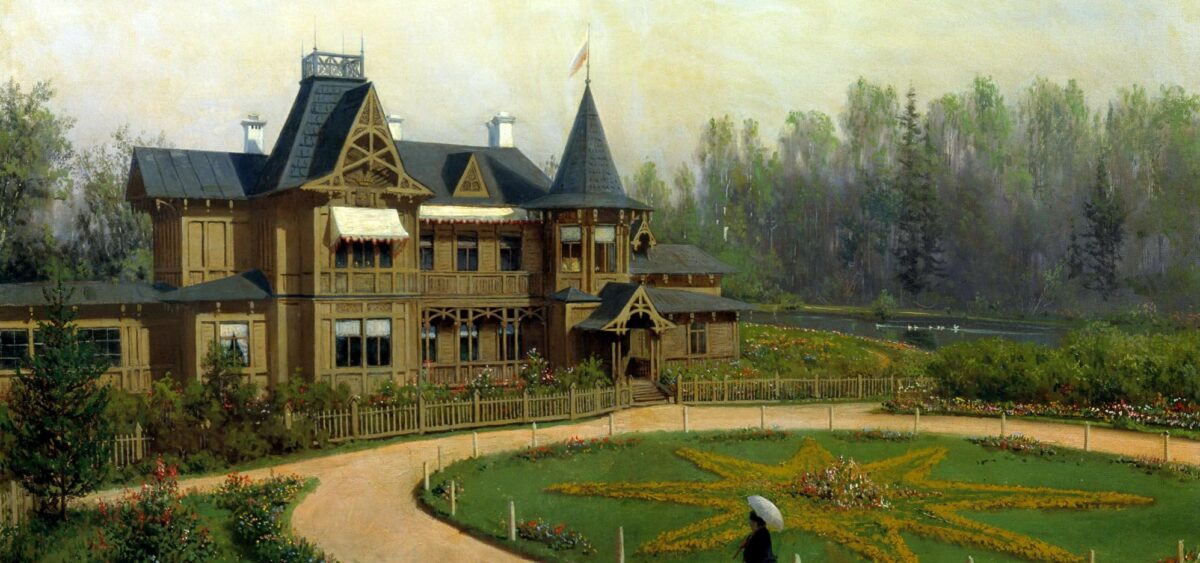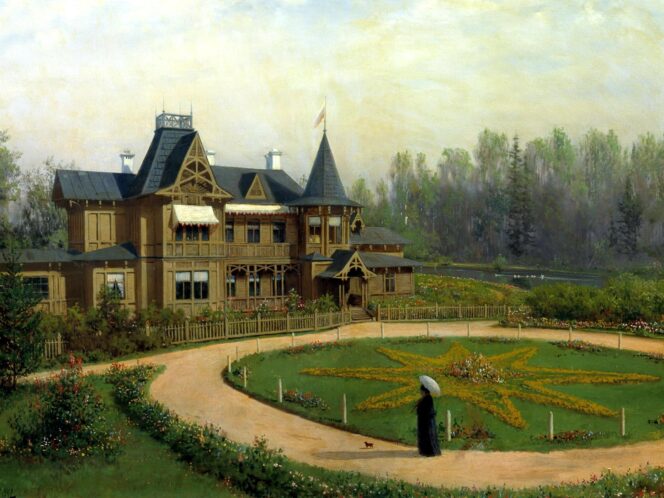
Russia can be dangerous and unpredictable, but oftentimes, we view it through the lens of our own assumptions, some of which turn out to be rather far-fetched. Writer Jędrzej Morawiecki tells us more about breaking Russia’s spell without losing it for good.
In one of Wrocław’s cafés, its walls papered with pages from archival issues of “Przekrój”, I met up with Jędrzej Morawiecki – a lecturer, PhD, non-fiction writer, and above all, a Russia expert. His new book Szuga will be published in Polish in early 2022. The book, moving from melting Siberia to the burning Donbas is meant to be, among other things, Morawiecki’s way of squaring up with his enchantment with Russia, and the disenchantment that inevitably followed.
Jan Pelczar: Did your fascination with Russia emerge naturally, or perhaps out of some contrariness?
Jędrzej Morawiecki: I suppose I needed to confront Poland’s demons. After all, we existed in the USSR’s orbit for almost half a century. Only when I started visiting Russia did I realize how different our experiences of those times were. I grew up in a family with strong opposition traditions, radical even, in the spirit of the Fighting Solidarity movement. I was exposed to anti-Russian narratives from an early age. As a child, I imagined the Russian Federation as a dark land. I was reading Tolkien back then already; I didn’t believe Russia to be Mordor, but I did have some thoughts, which years later I expressed in a piece written for Tygodnik Powszechny. I concluded that Russia is being used as a scare not unlike that of Sauron’s tower, its eye flashing from somewhere over the Kremlin. Ziemowit Szczerek has written about having similar impressions.
This dark land could have been fascinating, but back then, wasn’t being interested in Russia going out of fashion?
It was never fashionable in the first place. In primary school, when I was about 11, I went to the library and borrowed a collection of Russian stories and horror novellas, inspired by national folk tales, written by various authors from Nikolai Gogol to Anton Chekhov. The story of the Viy was one of my favourites. I also remember the librarians complaining about the book: “Why do they make you read this awful stuff!” I was surprised by their Russophobia, just like Russians are surprised with it to this day. They don’t understand where we got it from. They would always ask me: “But why is Poland joining NATO, we’ve always protected you. We even had our army over there.” Their perspective is completely different from ours; a lot of them truly believe that the Russian army came to Poland to protect us. In my view, our hostility was also due to resistance towards a culture being imposed onto us. I was fascinated by it in the form of the 19th-century literature that I discovered on my own. But at the same time, I was in the last year of the students who had compulsory Russian


